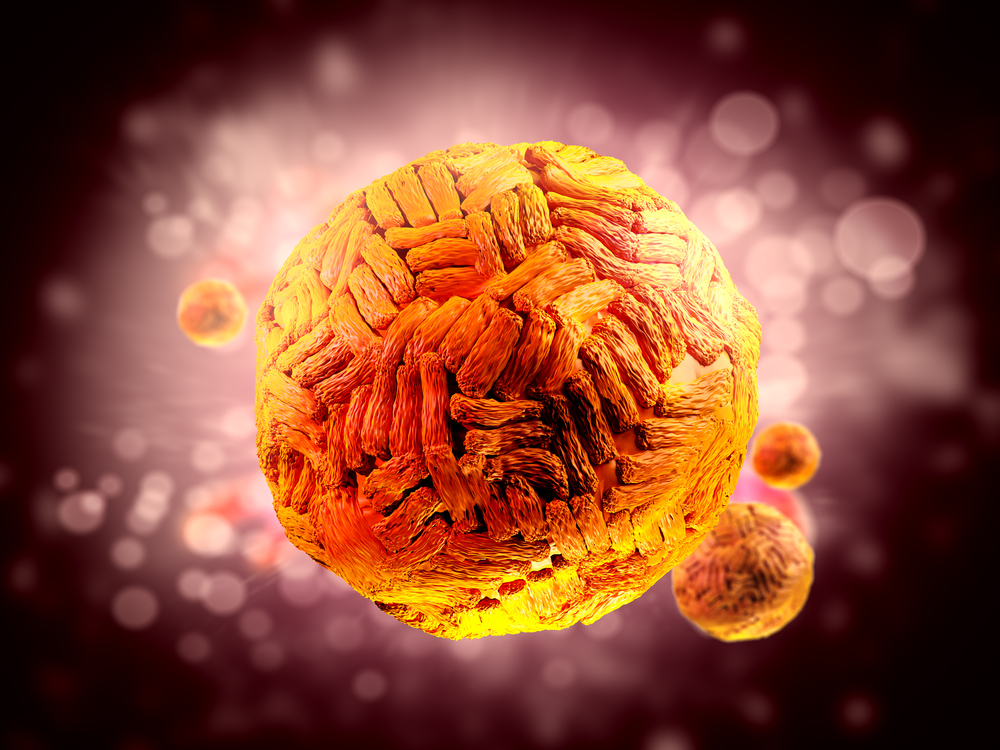ZIKA VIRUS LYSATE (PRVABC59 STRAIN)
Zika virus lysate (PRVABC59 strain) has been manufactured to provide a consistent source of Zika virus antigens. This material has been produced by culturing Zika virus in the LLC-mk2 or Vero cell line. The Zika virus was collected from a human serum specimen in December 2015 from Puerto Rico, NCBI GenBank Accession No. KU501215. The Zika virus lysate (PRVABC59 strain) is supplied purified and heat inactivated. This product is suitable for use in a broad range of applications including immunoassay research and development.
PRODUCT DETAILS – ZIKA VIRUS LYSATE (PRVABC59 STRAIN)
- Native Zika virus lysate produced from Vero cells (strain PRVABC59, NCBI Accession Number: KU501215).
- Heat inactivated, purified and presented in liquid format.
BACKGROUND
Zika virus is an enveloped single stranded RNA virus. It is a member of the Flavivirus genus of the family Flaviviridae which also includes global human pathogenic viruses Dengue virus (DENV), Yellow Fever virus, West Nile virus and Japanese encepahalitis virus. Zika is an emerging disease caused by Zika virus, which is transmitted through the bit of infected Aedes mosquitoes. The virus was first isolated in Central Africa, and has since spread to South Asia and recently to South America. Outbreaks were reported in Micronesia in 2007 and in Brazil in 2015 and has now been reported in 86 countries and territories.
The Zika virus outbreak in Brazil gained world-wide attention, when reports suggested a link to an increasing number of microcephaly cases in the developing foetus and newborns. In April 2016, the Centers for Disease Control and Prevention in the USA, confirmed that the Zika virus can be transmitted to the foetus during pregnancy causing microcephaly (CDC). The Zika virus can also be transmitted to individuals through sexual contact, blood product transfusion and organ transplant.
Healthy individuals infected with Zika virus experience a mild fever, rash, myalgia, arthralgia and headaches, with one in four infected individuals being asymptomatic. Due to similar symptoms Zika virus infected individuals can easily be misdiagnosed as a dengue infection and vice-versa. Currently, there is no vaccine or specific treatment available for Zika virus.
There is currently a major worldwide effort underway to develop effective diagnostic assays that can both detect Zika virus infection, and distinguish infection from other flaviviruses, especially Dengue virus infection. This Zika virus cell lysate has been prepared to offer a broad range of Zika virus antigens that may be relevant for the detection of Zika virus specific antibodies.
REFERENCES
- Centers for Disease Control and Prevention. CDC Concludes Zika Causes Microcephaly and Other Birth Defects.

